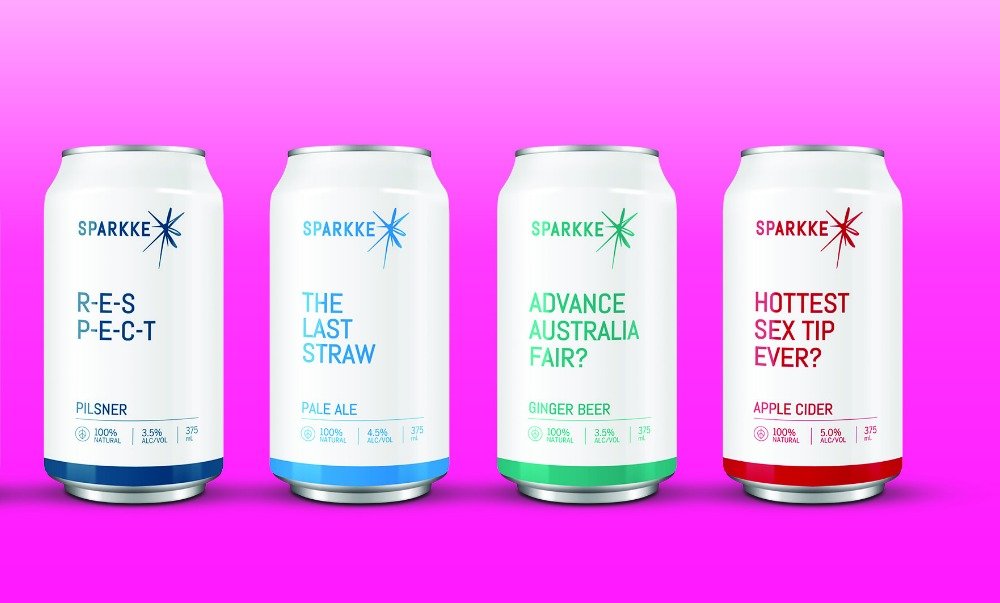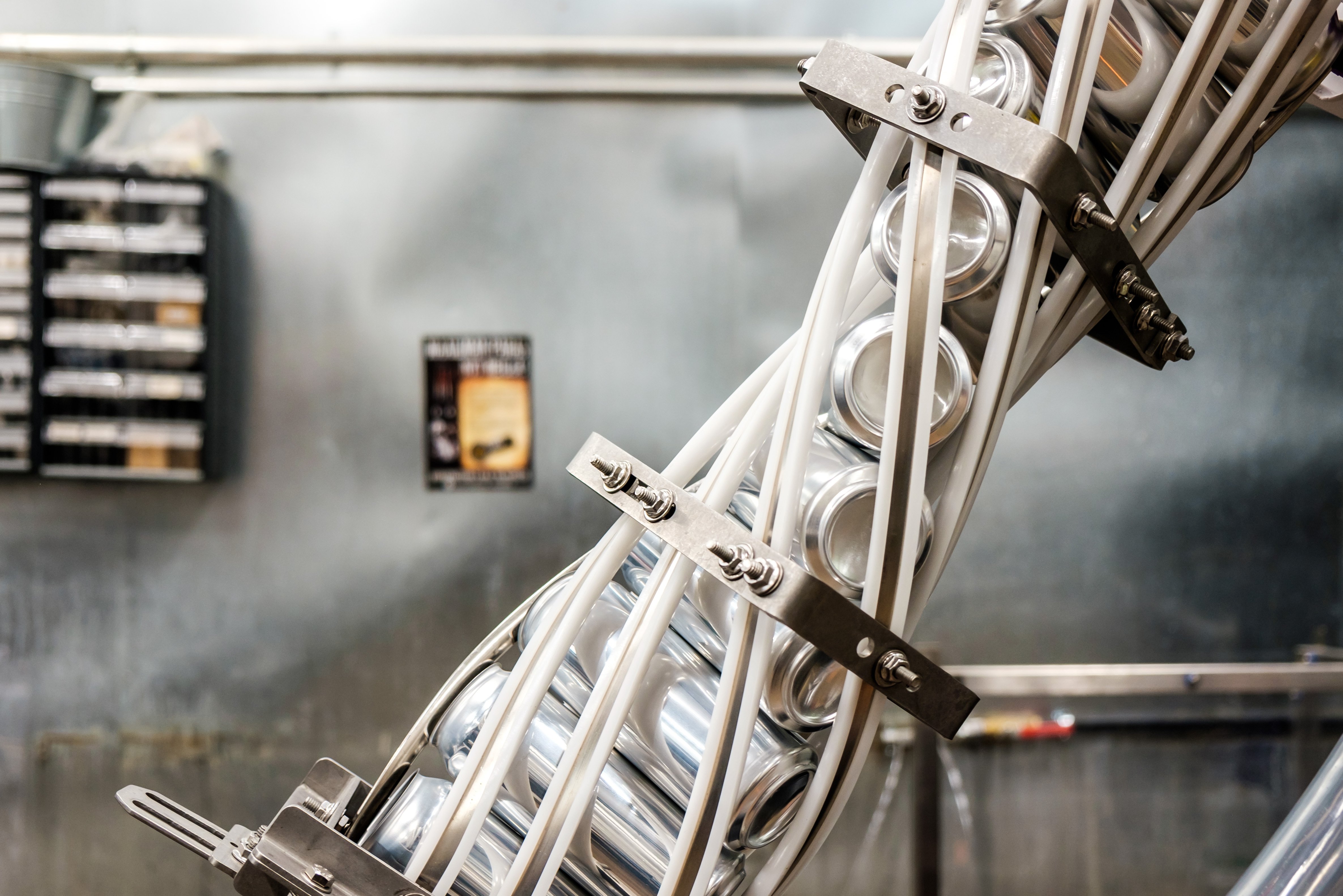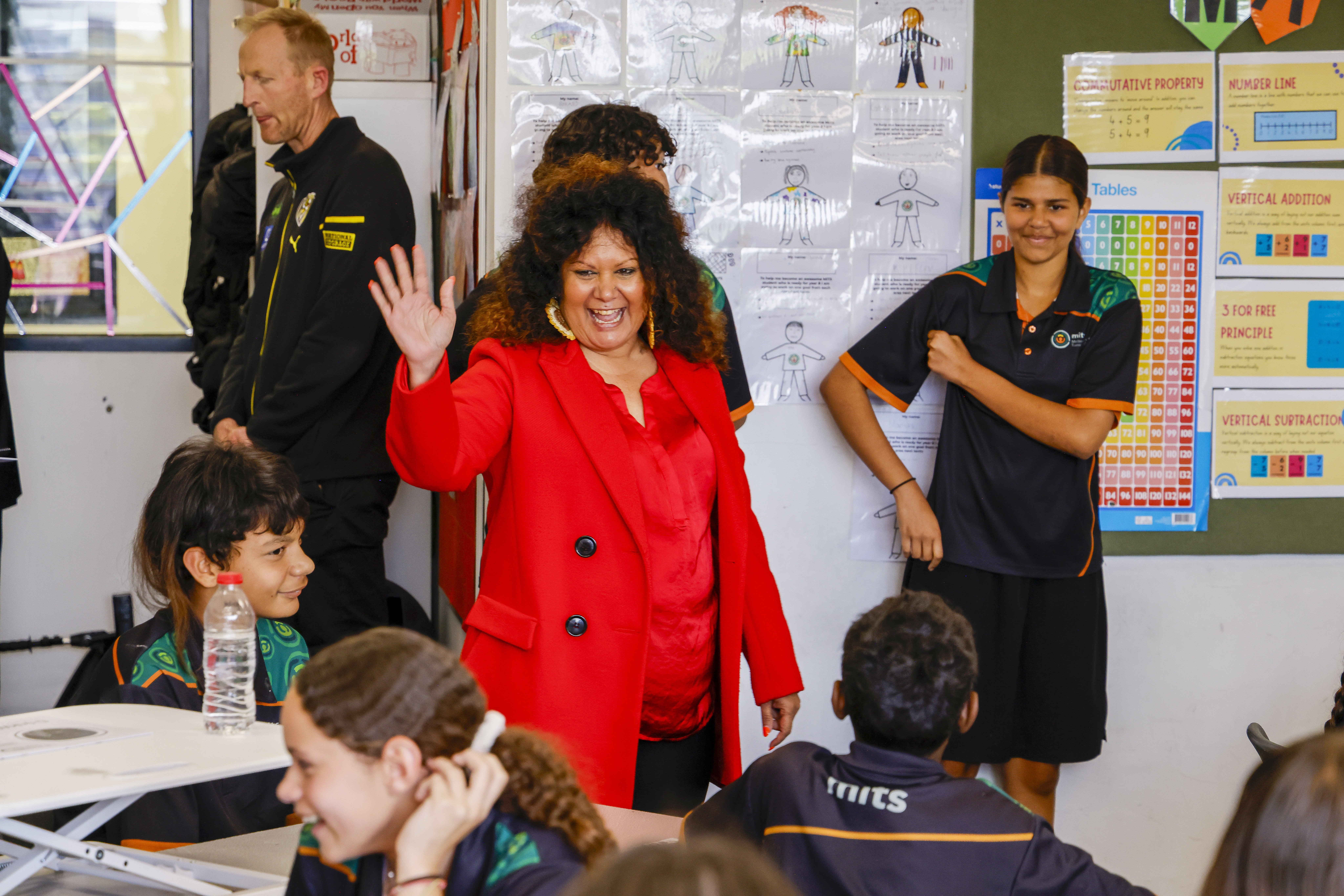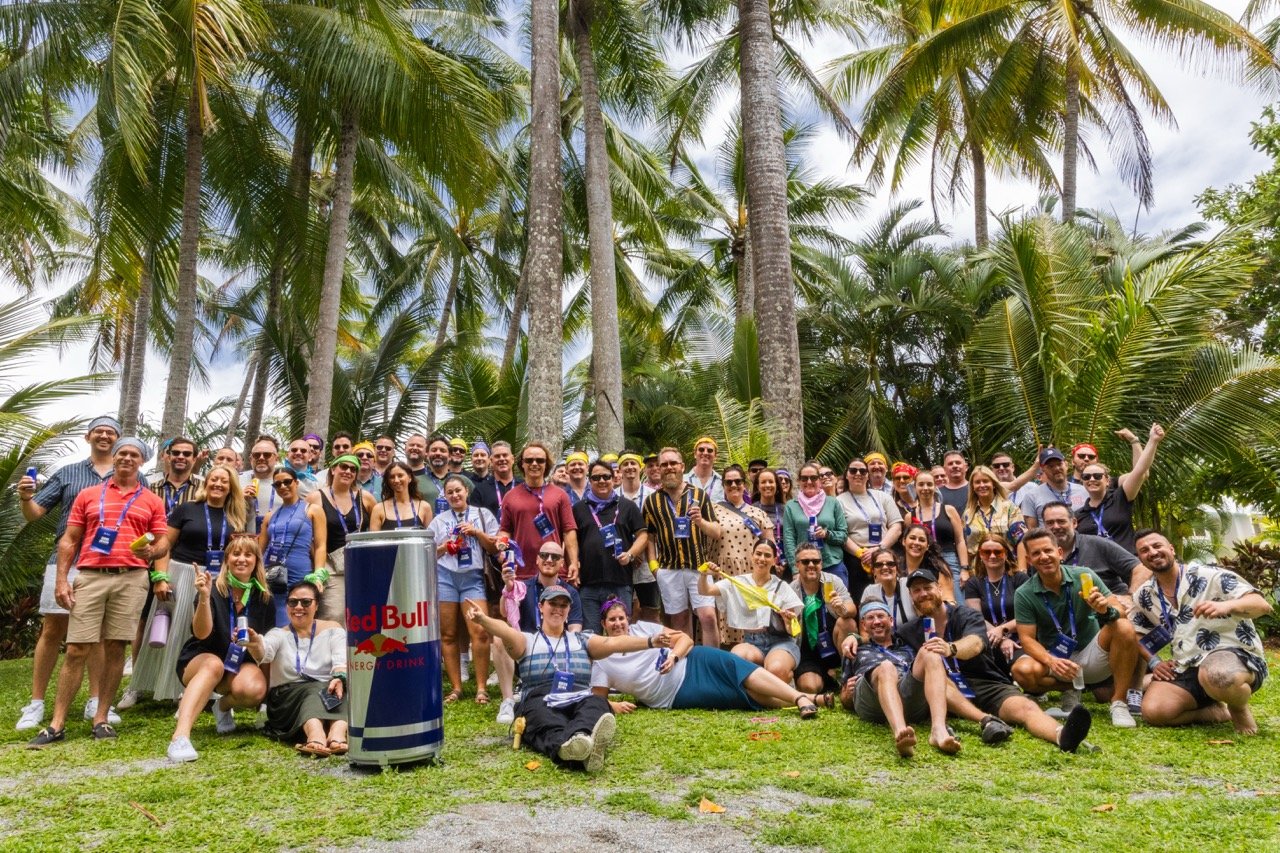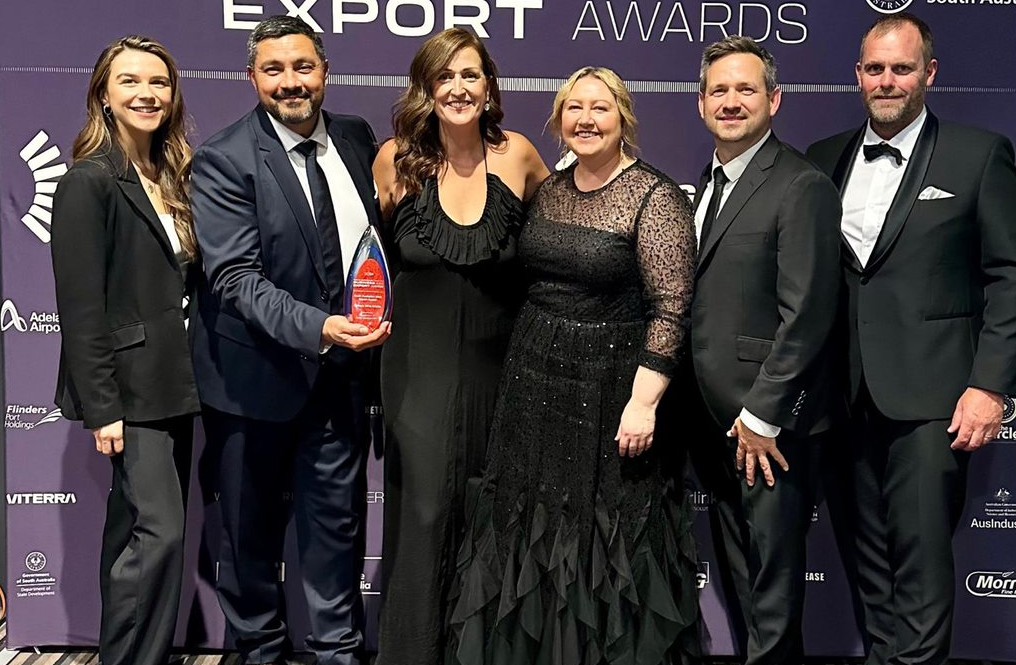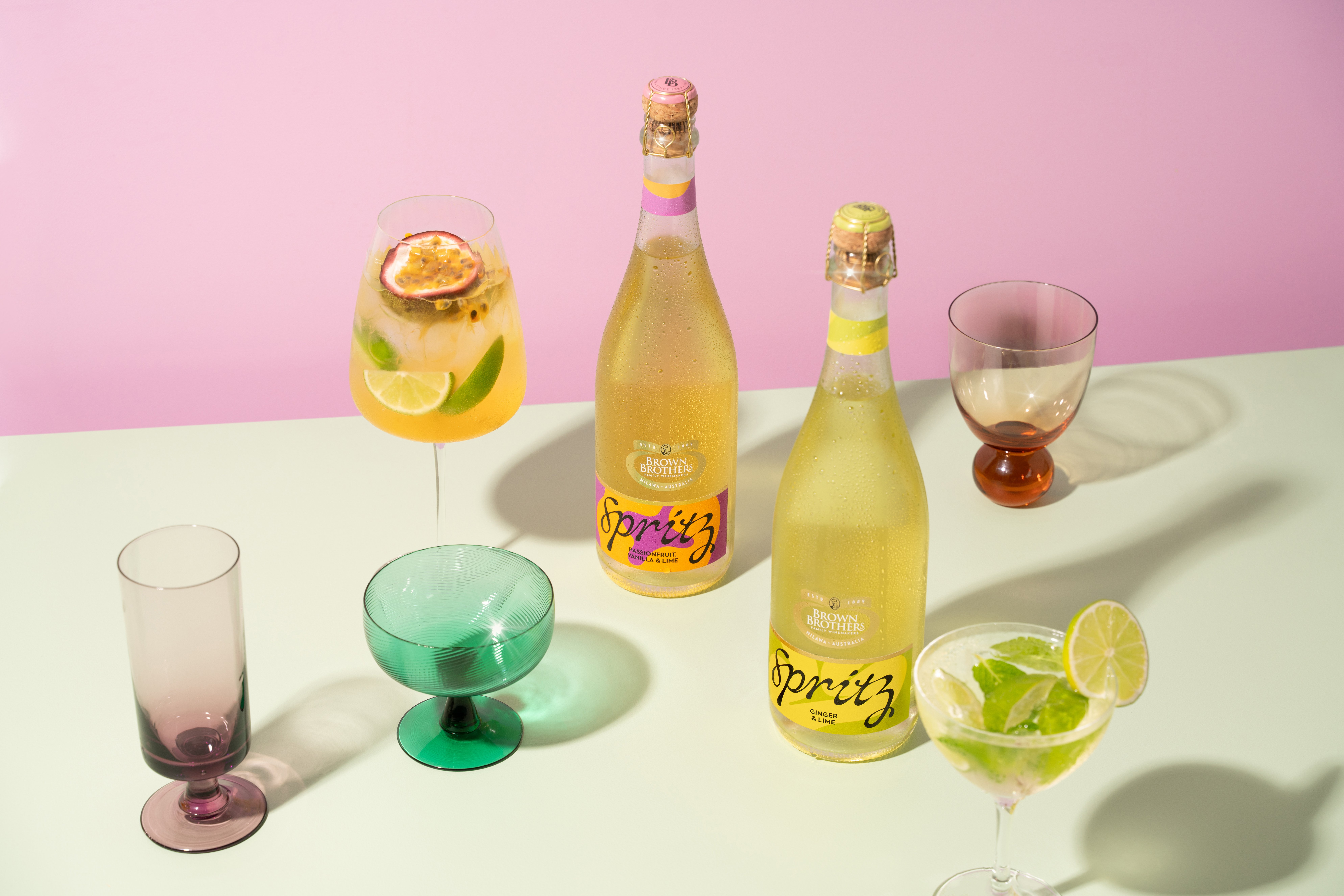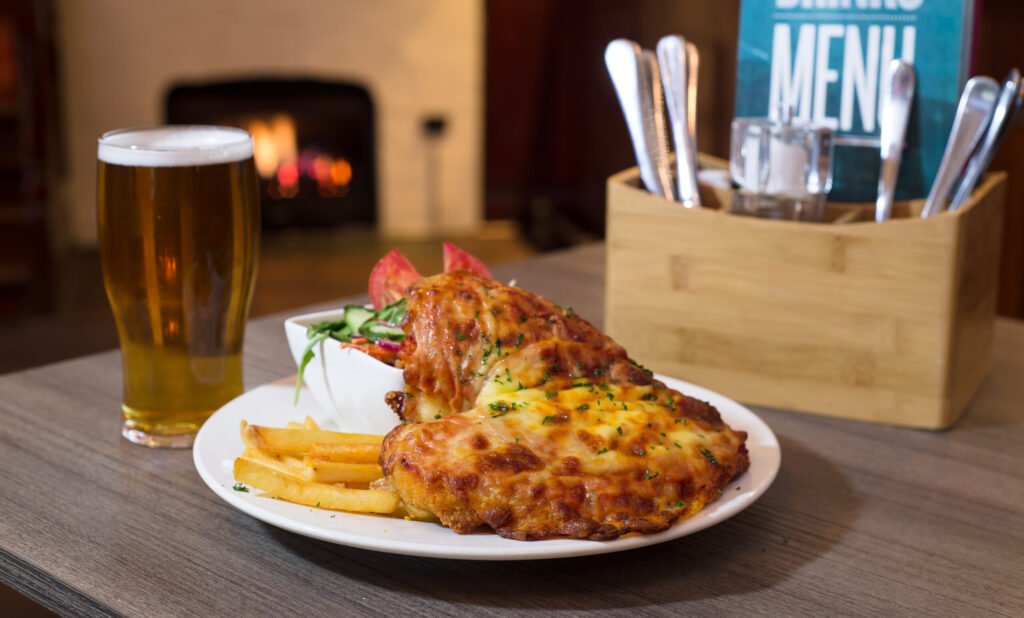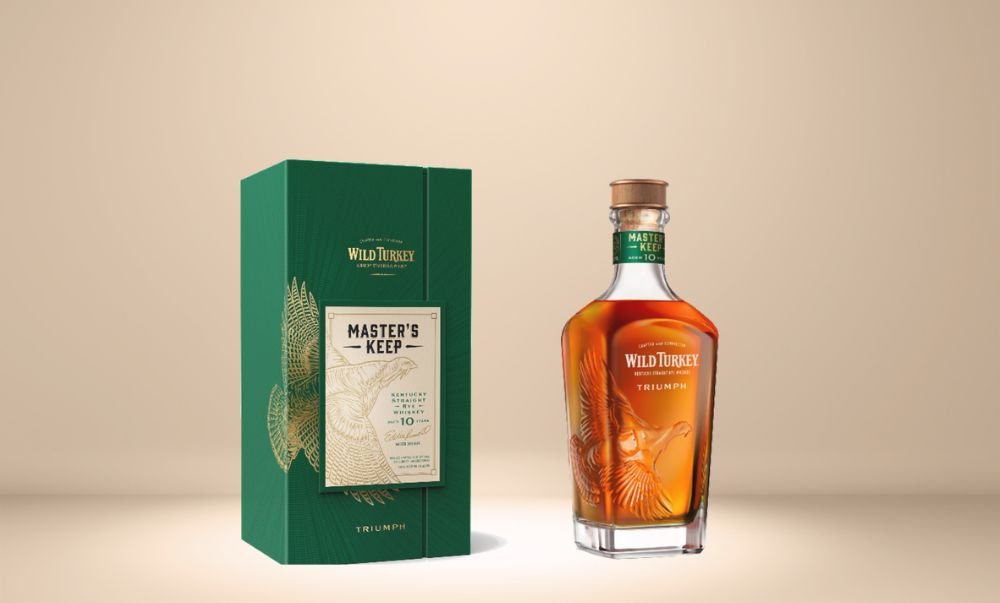Female-founded social enterprise The Sparkke Change Beverage Company is updating and re-launching all-new social change messaging on the cans of its 100% natural brewed product range.
The five new cans will be available to pre-order online from November 17, with Apple Cider, Ginger Beer, Hard Lemonade, Pale Ale, and Pilsner championing new messages about gender equality, sexual consent, racism, climate change, and social equity and inclusion.
The award-winning brews are all created as a collaboration between Co-Founder and Director Rose Kentish and Head Brewer Agi Gajic.
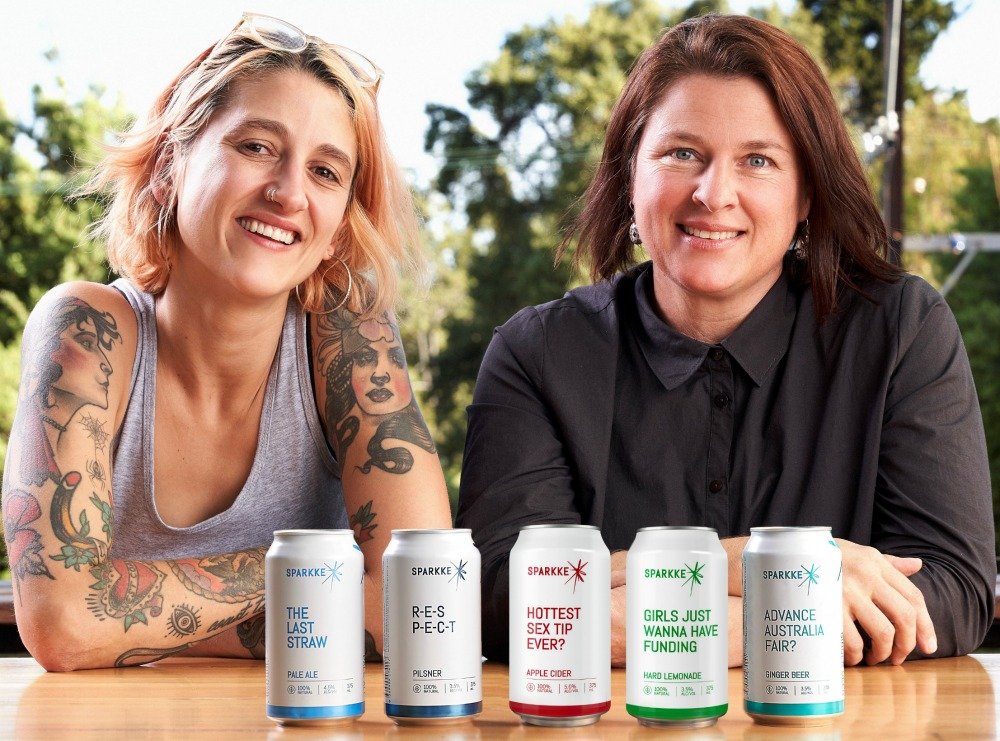
Sparkke launched in November 2016 with the largest online pre-sale alcohol campaign in Australia’s history.
Co-Founder, Kari Allen said: “We started Sparkke with an aim to disrupt the entrenched stereotypes in Australia’s alcohol and hospitality industries through Australia’s great conversation starters – beer and wine.”
The Apple Cider rallys around sexual consent, stating “Hottest Sex Tip Ever? Ask, Baby, Ask!”
Sparkke’s Ginger Beer champions Australia’s asylum seekers, challenging “Advance Australia Fair? Time To Manus Up.”
Kari said: “It’s a sad reality that we continue to violate the 1951 UN Refugee Convention, forgetting our basic roots as immigrants, and incarcerating asylum seekers. It seems that many Australian’s believe it’s time for change… we want to support a conversation that finally gets Australia to Manus Up!”
A hard lemonade highlights Australia’s gender equality issues: “Girls Just Wanna Have Funding. We’ve Got A Daversity Issue.” It references the recent industry research undertaken by Australian scientist Deb Verhoven that a Dave (or a Tom, Dick or Harry) is more likely to get funding for science than women are. This same bias is also true in business start-ups and the arts.
Sparkke’s newest beverage, the Pale Ale, underscores a social movement that has seen hundreds of thousands of people fill the streets to strike for climate change. “The Last Straw - Just Say No” advocates for conscious use of single use plastics.
Share the content
